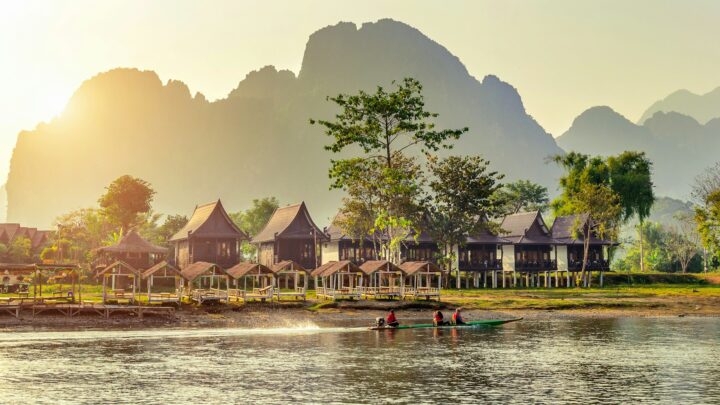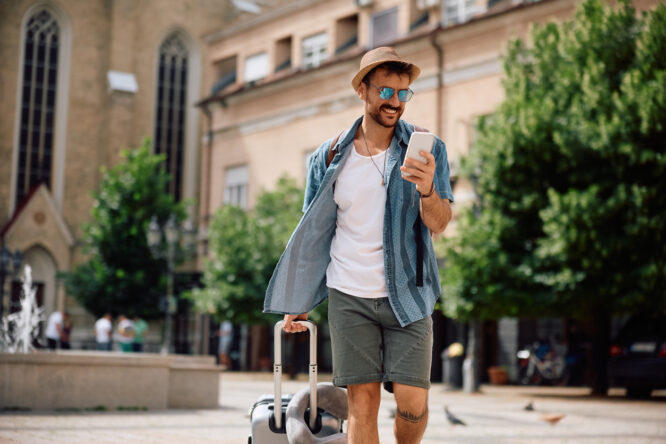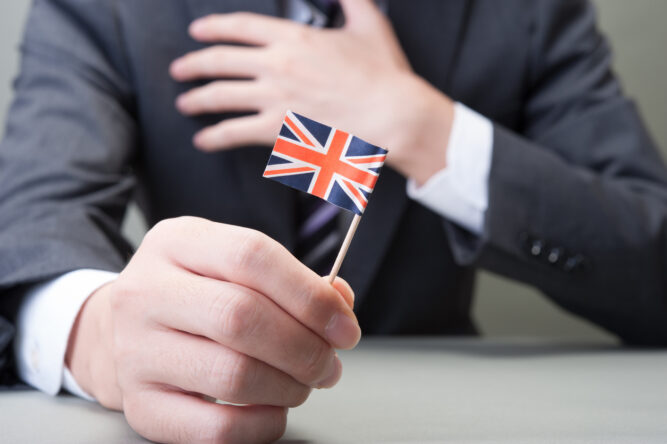Solo travel can be one of the most rewarding experiences you’ll ever have.
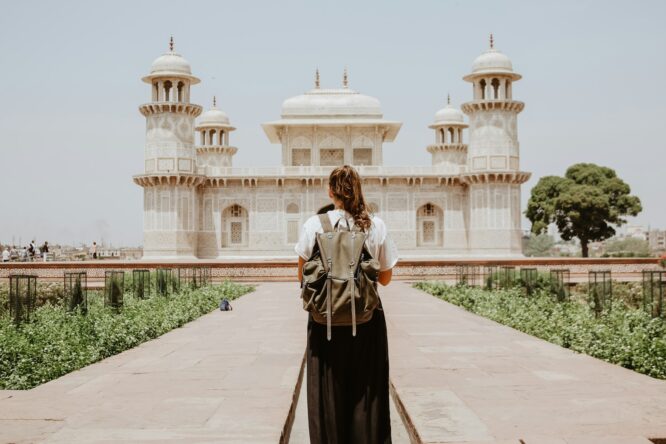
There’s a special kind of magic in setting your own pace, choosing your own adventures, and learning just how capable you really are. But let’s be honest — it also comes with some extra safety considerations. Travelling alone doesn’t have to mean travelling nervously. With a few smart habits in your pocket, you can keep your trip exciting, memorable, and (most importantly) stress-free. Here are 13 safety tips to help you hit the road with confidence.
1. Share your itinerary with someone you trust.
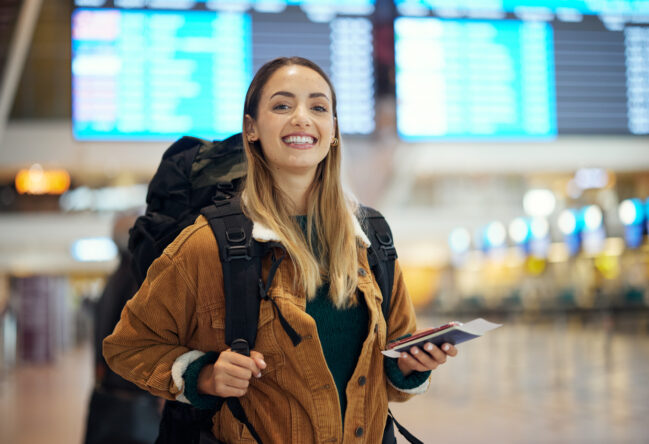
Before you head off into the sunset, make sure at least one person knows where you’re going and when you expect to check in. It doesn’t have to be a detailed hour-by-hour breakdown, but basic info like hotel addresses, flight times, and any major plans is key.
If plans change—and let’s be honest, they often do when you’re exploring—just send a quick update. Knowing someone has your back from a distance can make you feel more secure while still leaving plenty of room for spontaneous adventures.
2. Research your destination thoroughly.
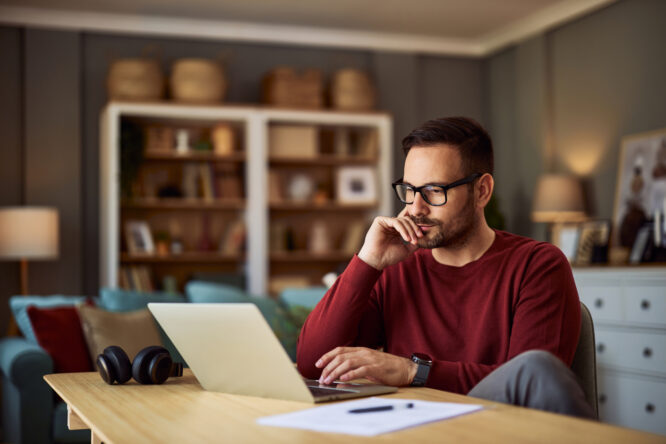
Before you even pack your bags, spend some time learning about your destination. Know which areas are safe, where to avoid at night, and how local transportation works. Understanding cultural norms, local laws, and basic phrases if there’s a language barrier can also make a huge difference.
Going in prepared helps you navigate confidently and avoid sticking out as an easy target. Plus, being informed makes it easier to blend in, and blending in is one of the best solo safety tricks around.
3. Pack light so you can move quickly.
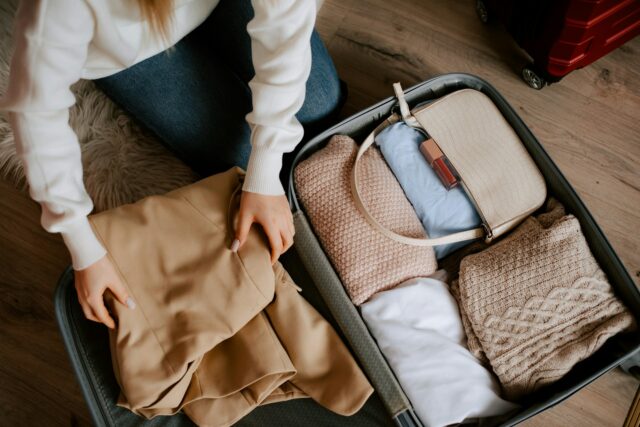 Source: Unsplash
Source: Unsplash Dragging a massive suitcase down unfamiliar streets is not just exhausting; it can also make you more vulnerable. When you’re overloaded with bags, you’re less aware of your surroundings and more likely to be targeted by pickpockets or scammers.
Travelling light means you can move easily through crowds, jump into a cab if needed, and generally look less like an overwhelmed tourist. Plus, it’s way more freeing not to be bogged down by stuff you probably didn’t need anyway.
4. Trust your gut, even if it feels awkward.
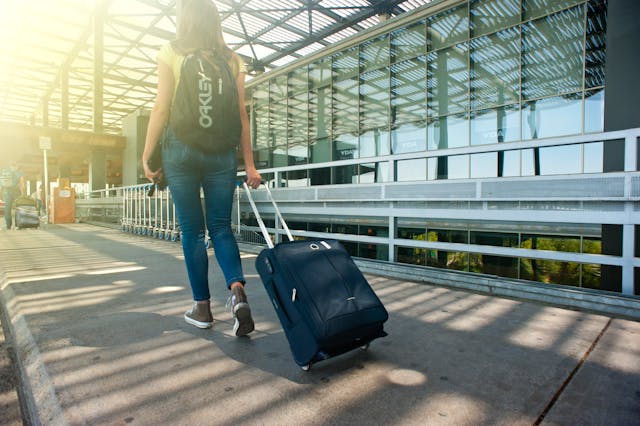
Your intuition is one of your strongest safety tools. If something or someone feels off, listen to that little voice, even if it means changing your plans, leaving a situation early, or being “rude” by cutting a conversation short.
Solo travel is not the time to second-guess yourself for fear of seeming impolite. Most of the time, your instincts pick up on subtle signals your brain hasn’t fully processed yet. Trust them. They’re there for a reason.
5. Stay aware without being paranoid.
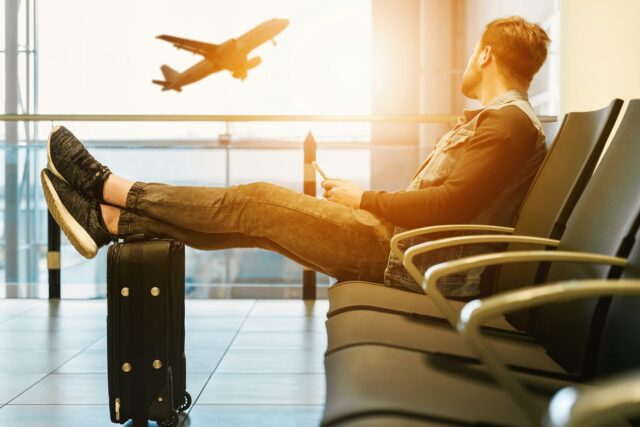 Source: Unsplash
Source: Unsplash There’s a difference between being aware and living in a constant state of fear. You don’t have to clutch your bag like a life raft or stare suspiciously at every stranger to stay safe.
It’s about balance: keep your head up, stay off your phone while walking, notice who’s around you, and make choices that protect your comfort. Awareness becomes a background habit once you practice it, freeing you to actually enjoy your trip instead of worrying every second.
6. Choose your accommodation wisely.

Where you stay can seriously impact how safe and relaxed you feel. Look for hotels, hostels, or rentals with good reviews that specifically mention safety and location. Check for 24-hour reception, well-lit entrances, and secure locks on doors and windows.
Sometimes paying a little more for a safer neighbourhood is absolutely worth it. You want a place where you feel comfortable returning to after dark, not somewhere that leaves you checking over your shoulder every five minutes.
7. Blend in as much as possible.
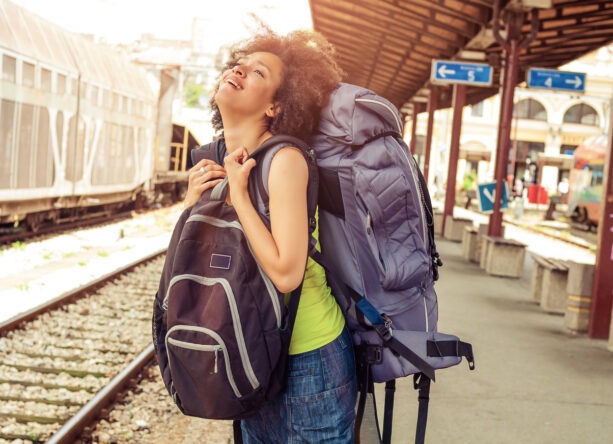
Standing out as an obvious tourist can make you an easier target for scams or petty crime. Dress like a local as much as you can, avoid flashing expensive gadgets, and walk like you know exactly where you’re going (even if you secretly have Google Maps open in your pocket). The goal isn’t to disappear completely; it’s to project confidence and familiarity. When you look like you belong, people are less likely to see you as vulnerable or distracted.
8. Limit how much you share on social media (while you’re still there).
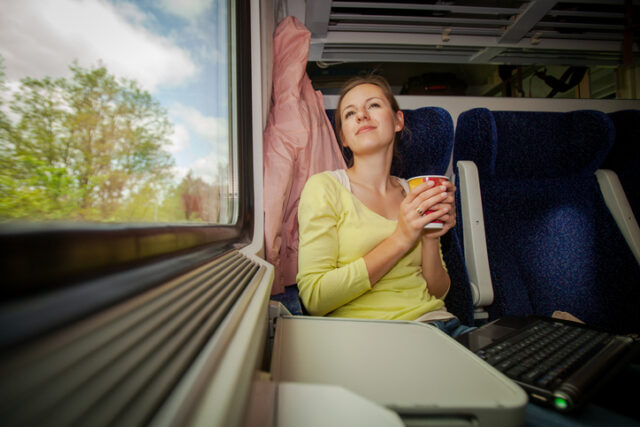
It’s tempting to post every stunning sunset or epic coffee shop find in real time, but broadcasting your location to the internet can create risks you might not even think about. Try to save the live updates until after you’ve left a place, especially if your account is public. It’s a simple change that protects your privacy without taking away the fun of sharing your adventures later.
9. Keep a copy of important documents.
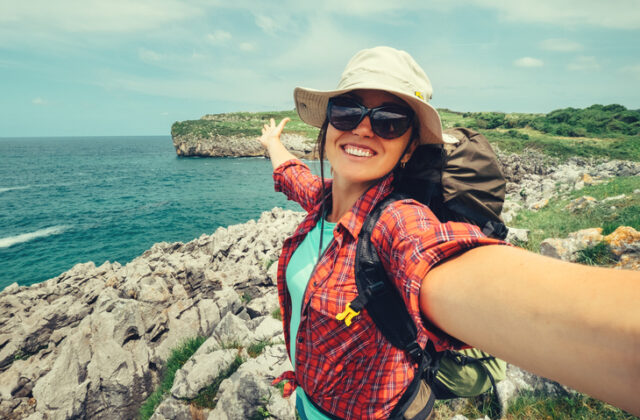
Lose your passport or ID while travelling solo, and suddenly, your trip gets a lot more complicated. Take photos of your important documents and store copies in your email or cloud storage. It’s also smart to carry a physical copy separate from the originals. If the worst happens, having backup copies can make it so much easier to get help from local authorities or your embassy, and way less stressful overall.
10. Set up emergency contacts on your phone.
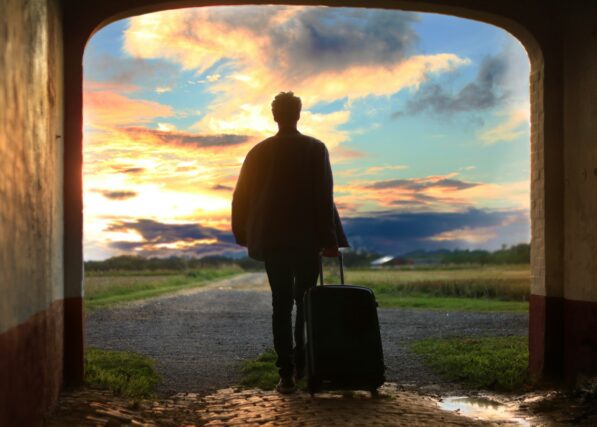
Most smartphones allow you to set emergency contacts and medical information that can be accessed even if your phone is locked. It’s one of those things you hope you never need, but will be grateful for if you do. Add a couple of trusted people and make sure your information is up-to-date before you leave. It’s a tiny step that can make a huge difference if something unexpected happens while you’re out exploring.
11. Keep a little cash separate from your main wallet.
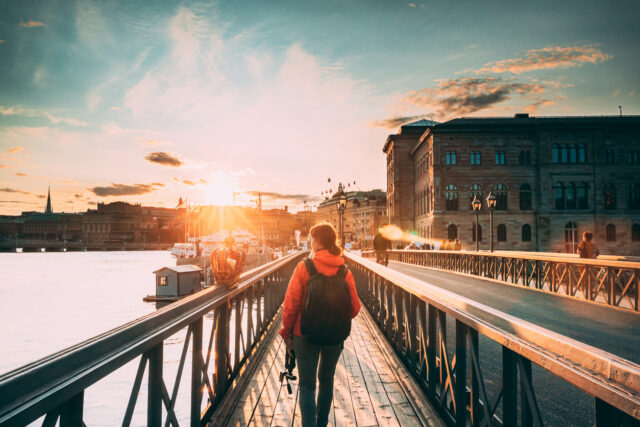
If you lose your wallet or have it stolen, you don’t want to be completely stranded. Tucking a bit of cash and maybe a backup card somewhere separate (like in a different bag or even your sock) gives you a backup plan. Even just having enough for a cab ride, a meal, or a night’s stay can help you get out of a tight spot without panicking. It’s a small move that can save you a big headache later.
12. Don’t overpack your itinerary.
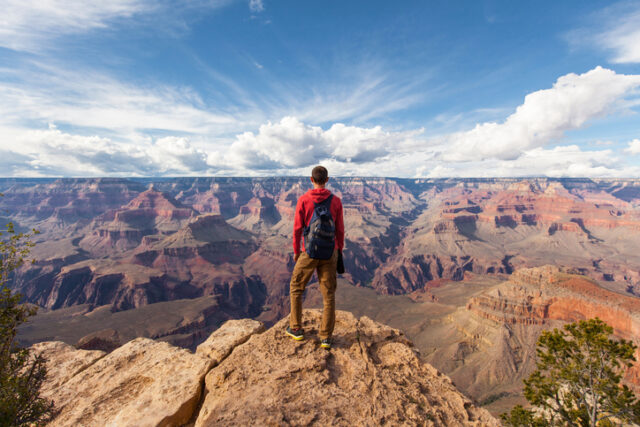
When you’re travelling alone, it’s tempting to schedule every minute to stay busy and distracted. However, giving yourself breathing room is crucial not just for enjoyment, but for safety too.
Rushing around when you’re tired, distracted, or stressed makes you more vulnerable to accidents or theft. Building in rest time, slow mornings, and flexible evenings helps you stay sharp, aware, and able to enjoy the trip without burning out halfway through.
13. Always have a backup plan (just in case).
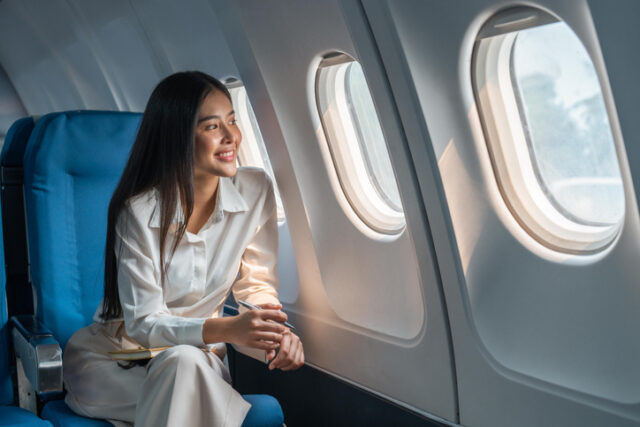
No one likes to imagine things going wrong, but having a rough idea of what you’d do if they did can make you way more confident. Know where the nearest embassy is, have a list of local emergency numbers, and have a general plan if you lose your phone or need medical help.
You probably won’t need to use these plans, but simply knowing you have them can take a huge weight off your shoulders. Confidence and preparation go hand-in-hand, especially when you’re adventuring solo.

